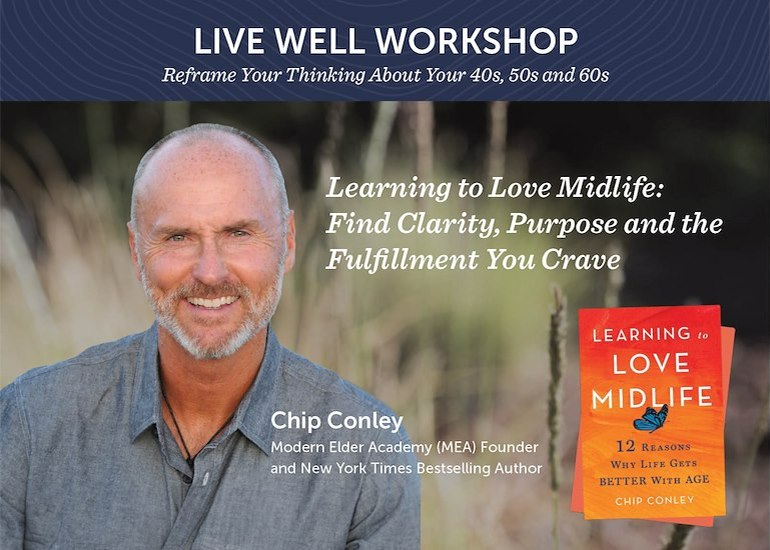Welcome to Our Blog

Live Well
Learning to Love Midlife: 12 Reasons Why Life Gets Better With Age
Lead Well
Improving Myself without Losing Myself
The key to authentic professional development (for everyone, but it’s even more critical for women) is to learn to distinguish the feedback that will help you grow from feedback that’s intended to diminish who you are, and to learn from all of it. A lot of it comes down to new ways of thinking about the nature of feedback itself. Here are a few shifts in mindset that may help...
Work Well
Improving Myself without Losing Myself
The key to authentic professional development (for everyone, but it’s even more critical for women) is to learn to distinguish the feedback that will help you grow from feedback that’s intended to diminish who you are, and to learn from all of it. A lot of it comes down to new ways of thinking about the nature of feedback itself. Here are a few shifts in mindset that may help...
Wonder Well
What’s a Mother Tree?
“A tree can be only as strong as the forest that surrounds it.” ― Peter Wohlleben, The Hidden Life of Trees: What They Feel, How They Communicate The Mother Tree If you’ve ever been to the 1440 campus, then you truly understand the amazing communal love for the majestic redwoods that cover our campus.
Live Well
Why Mindfulness?
Mindful | Mind Full | Mindful If ever there was a time that our minds are full across the globe, this is it, right? But “mind full” is not really what we mean by being mindful.
Love Well
1440 Employee Programs Help a Young Professional Clarify Her Path
“We don't know what these guests are going through when they walk in the door. We don't know what happened to them five minutes or five years before they got here,” she says. "I really try to anticipate people's needs and create the best experience possible. If they give us information ahead of time, we'll do our best to accommodate preferences or tailor something special for their arrival. We want guests to have everything they need to feel welcomed and comfortable."
